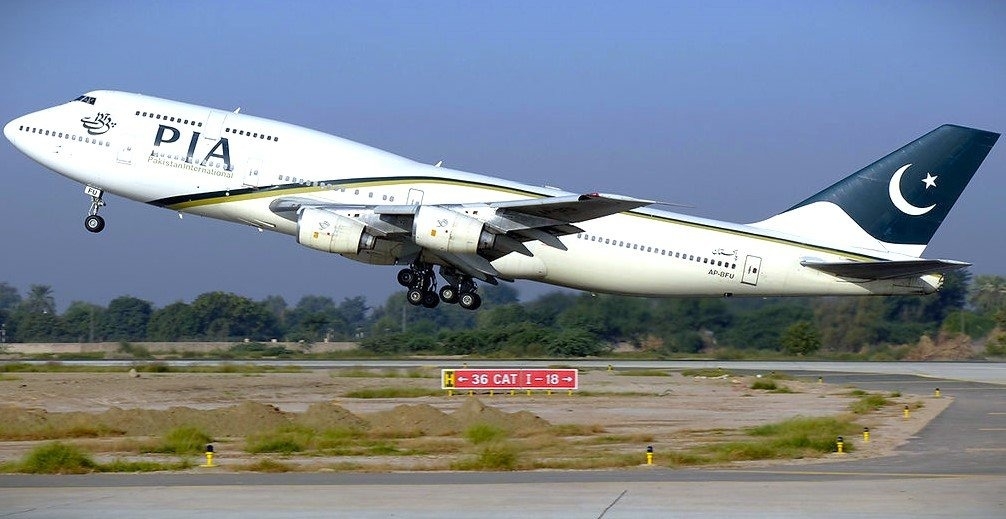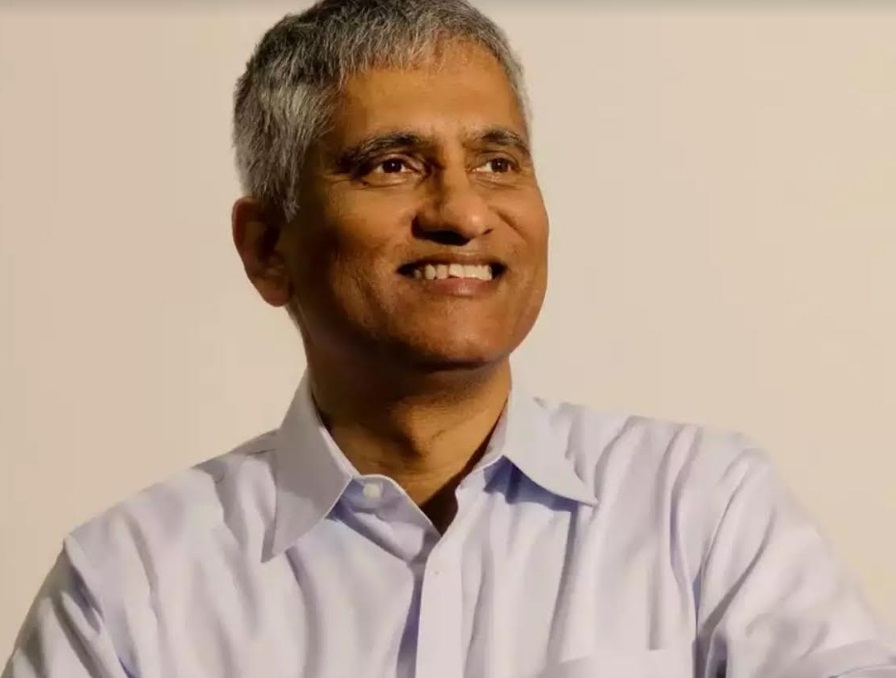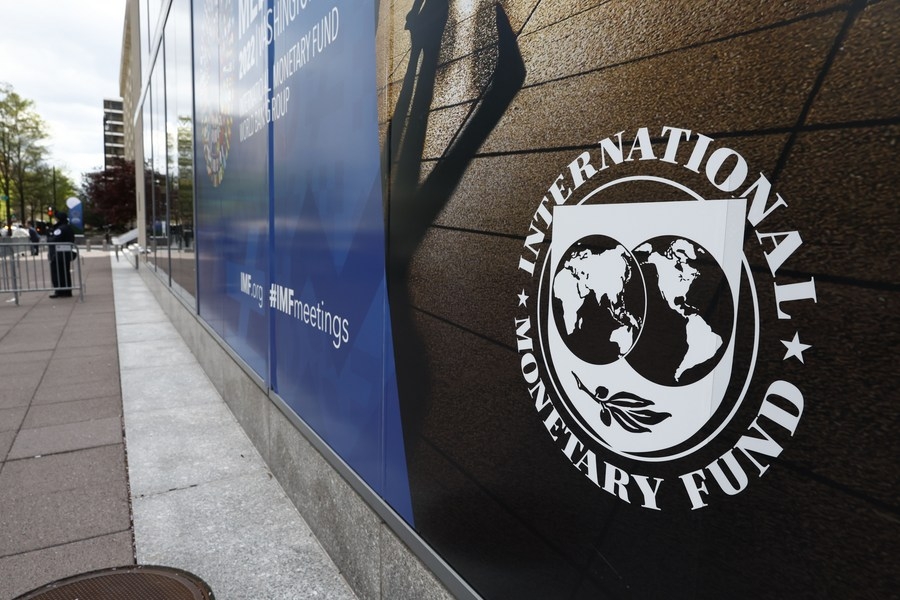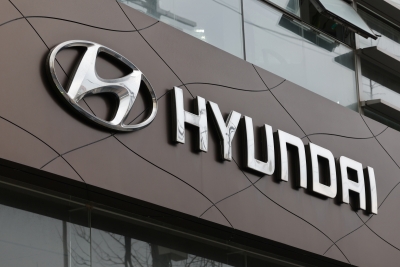Of those heavy loss-making unicorns, 14 were from the e-commerce sector, followed by fintech at 13, and consumer services at six unicorns…reports Asian Lite News
The great Indian startup and unicorn party, which saw record funding volumes in 2020, 2021 and the first half of 2022, appears to be over for now as several top names in the ecosystem continue to bleed money, with no respite in sight in FY23.
At least 55 (74 per cent) from 74 unicorns incurred a cumulative operating loss of $5.9 billion in FY22, according to leading startup covering portal Inc42.
Of those heavy loss-making unicorns, 14 were from the e-commerce sector, followed by fintech at 13, and consumer services at six unicorns, the report added.
While Swiggy incurred around $398 million loss in FY22, BharatPe reported $726 million operating loss in FY22.
Flipkart incurred $568 million loss and Meesho reported $422 million operating loss.
VerSe Innovation reported a loss of $343 million in FY22; ShareChat incurred $377 million and Unacademy $352 million, according to Inc42.
Another unicorn udaan incurred $229 million in FY22 operating losses.
The curious case of edtech major BYJU’s continues to haunt millions. The company reported an astounding net loss of over Rs 4,588 crore in FY21 on consolidated revenues of Rs 2,428 crore.
However, the company last year said it registered nearly Rs 9,991 crore in revenues in its FY22 financial results.
Meanwhile, BYJU’s is yet to file its FY22 results with the Ministry of Corporate Affairs (MCA).
Most of the leading Indian edtech startups have been bleeding money for months now.
Some of these loss-making unicorns companies are expected to launch their IPOs soon but with their income nosediving, the public market route to raise money and stay afloat has become all the more difficult.
Indian startups raised a total of $2.8 billion in funds in the first quarter of 2023, a massive 75 per cent decrease compared to the same period in the previous year ($11.9 billion), as rising inflation and interest rates continue to impact investments significantly amid a deepening funding winter.
There were no new unicorns created in the January-March period, compared with 14 unicorns in Q1 2022, according to the report by Tracxn, a leading global market intelligence platform.
The funding volumes contracted due to the reduction in late-stage funding, which declined by 79 per cent in the first quarter ($1.8 billion) compared to Q1 2022.
Early-stage rounds saw funding of $844 million, a drop of 4 per cent compared to Q4 2022 but a drop of 68 per cent compared to Q1 of 2022.
Late-stage rounds in Q1 of 2023 saw funding of $1.8 billion, a decline of 79 per cent compared to Q1 of 2022 and a 23 per cent drop compared to Q4 last year.
All eyes are now on top Indian startups/unicorns as they begin to reveal their FY23 results.
















